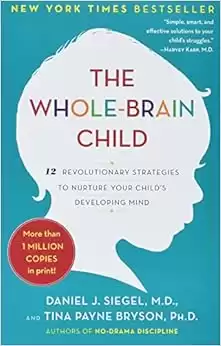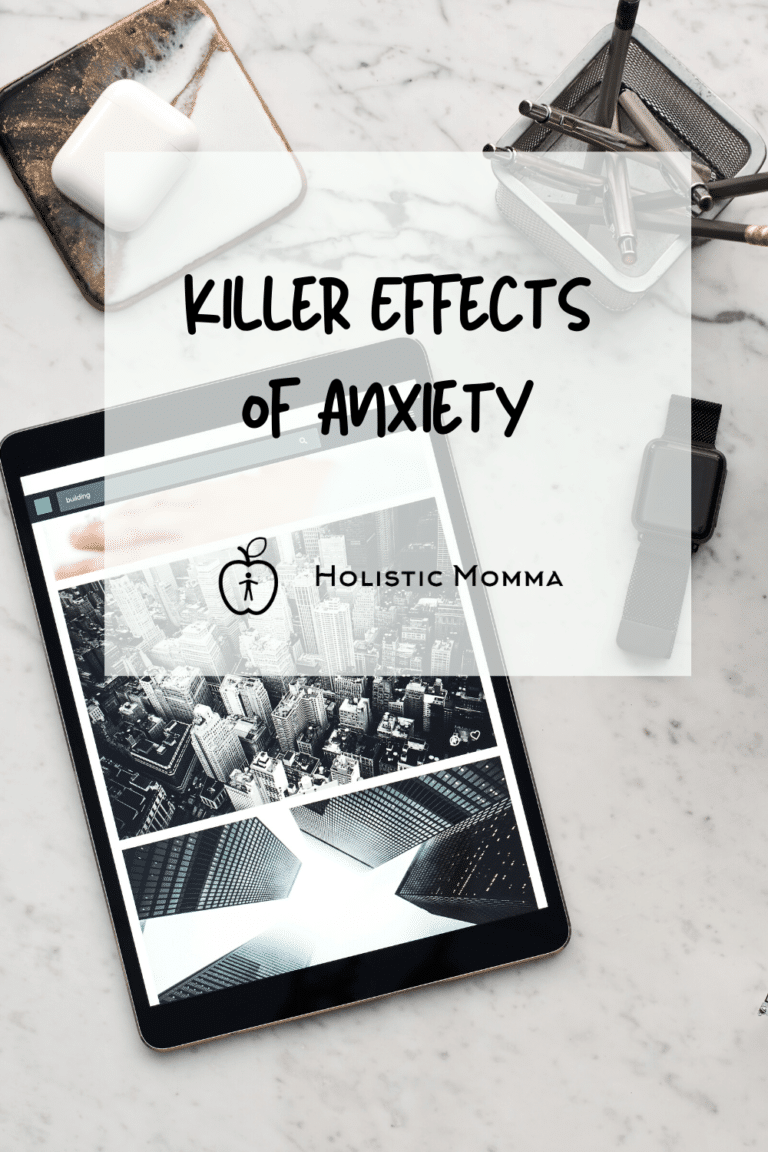How to Discipline a 1-Year-Old: Teaching Resilience & Communication

Parenting a one-year-old can be challenging for anyone who wants to discipline and teach appropriate behavior. As a parent, you’re probably wondering what techniques are effective and how to balance setting limits while promoting positive behavior.
You can rest assured that you’re not the only parent facing these challenges, and there are ways to discipline a one-year-old effectively. However, discipline at this age should focus on teaching communication skills and resilience rather than punishment.
With time, your one-year-old will understand and respond to communication cues, such as using words to express themselves and learning to listen. They will also learn resilience by practicing self-control, delaying gratification, and understanding the consequences of their actions.
Here are some tips on how to discipline a one-year-old:
Table of Contents
Give Clear Instructions and Expectations
Babies at this age have a limited understanding of language and communication, so simplifying your instruction can help them understand. For example, instead of saying, “Please don’t throw the toy,” try, “Toy stays on the floor.”
You can also use sign language or gestures to supplement your instruction and make it easier for them to understand.
- Complete with age-appropriate strategies for dealing with day-to-day struggles and illustrations that will help you explain these concepts to your child.
- The Whole-Brain Child shows you how to cultivate healthy emotional and intellectual development so that your children can lead balanced, meaningful, and connected lives.
Redirect Unacceptable Behavior
One-year-olds will most likely do things you consider unacceptable, such as hitting or biting. Rather than scolding or punishing, redirect their attention to more appropriate behavior.
For example, if your child is hitting, try redirecting their hand to a doll or stuffed animal and showing them how to pat or hug gently.
Pick Your Battles
Ask yourself, “can I let this go?” and “what is the most important thing at this moment?” If your child is not harming themselves or others and they are not destroying property, then decide if it’s worth it. It may be wise if you can clean it later and be present in the moment.
Mindfulness is a great way to help you be less reactive to certain situations.
Know Your Limits

Identify if you are overreacting to a situation. Sometimes the discipline or the consequence does not match the severity of their actions. Check yourself and say, “am I hungry, tired, or bothered by something else I need to deal with to be a more relaxed parent now?”
Take a breather, meditate, relax, take a deep breath, eat, exercise, and get sunshine. If all else fails, watch a comedian or a comedy movie to distract you.
Encourage Positive Behavior
Praise and positive reinforcement can go a long way in promoting good behavior. When your one-year-old does something you approve of, such as sharing or playing nicely, praise them and offer encouragement.
You can also use reward systems, such as a sticker chart, to incentivize good behavior. Don’t rely too heavily on rewards; instead, focus on positive behavior.
Set Boundaries
Always set clear boundaries for your 1-year-old and consistently enforce them. This helps them understand your expectations and the consequences of their actions.
For example, if they throw a tantrum when leaving the park, remain calm and reiterate that it’s time to go home. If necessary, calmly remove them from the situation and explain why their behavior was unacceptable.
Walk the Talk
Your actions can significantly impact how your baby learns and behaves. Make sure to lead by example in how you communicate and handle situations, as well as how you discipline them.
You must know that your child is always watching and mimicking your behavior, so it helps to set a good example for them to follow.
Apply Inductive Discipline
The inductive discipline focuses on teaching and problem-solving rather than punishment. Instead of saying, “No hitting,” try explaining why hitting is not okay and how it can hurt others – or themselves.
You can also provide alternatives for unacceptable behavior, such as giving them a cushion to hit instead of hitting a person or suggesting they use words to express their frustrations.
Exercise Patience and Be Consistent
Patience and consistency are vital in disciplining a one-year-old. It may take time for them to understand and follow instructions, so don’t give up and continue reinforcing good behavior.
Also, ensure that everyone caring for the child is on the same page with discipline techniques and boundaries to avoid confusion and mixed messages. This problem, left unaddressed, can flaw your efforts and delay progress.
Prevent Misbehavior
In addition to discipline, also try to prevent misbehavior in the first place. This can include not giving in to tantrums, baby-proofing the environment, and providing appropriate toys and activities to keep them occupied.
Also, keep them away from triggers or situations that may lead to misbehavior, such as being overly tired or hungry.
Can Your 1-Year-Old Understand Discipline?
Now you know how to discipline a one-year-old, but is it even necessary at this age?
Experts say that while one-year-olds may not fully understand the concept of discipline, they can still learn appropriate behavior through positive reinforcement and redirecting unacceptable behavior.
Start teaching good behavior early on, as this lays the foundation for how they will behave in the future. Remember to be patient and consistent, and encourage positive behavior in your one-year-old. They are still learning and developing, after all.
Books and Videos That Can Help You Communicate Better
We know that reading a blog post about how to discipline a one-year-old may not be sufficient enough. So, we’ve curated some books and videos that can offer more in-depth information and guidance on how to discipline and teach your one-year-old effectively.
Books:
- “The Happiest Toddler on the Block” by Harvey Karp
- “No-Drama Discipline” by Daniel Siegel and Tina Payne Bryson
- “The Baby Book” by William and Martha Sears
- “1-2-3 Magic: Effective Discipline for Children 2-12” by Thomas Phelan
- “No Bad Kids: Toddler Discipline Without Shame” by Janet Lansbury
- “How to Talk So Little Kids Will Listen: A Survival Guide to Life with Children Ages 2-7″ by Joanna Faber and Julie King
- “1-2-3 Magic for Kids: Helping Your Children Understand the New Rules” by Thomas Phelan
- “The Whole-Brain Child: 12 Revolutionary Strategies to Nurture Your Child’s Developing Mind” by Daniel J. Siegel and Tina Payne Bryson.
Videos:
Watch these helpful YouTube videos by Emma Hubbard, a pediatric occupational therapist.
Remember, every child is different, and there is no one-size-fits-all approach to discipline. We hope you find these resources helpful.
You’ve Got a Job to Do!
As we said earlier, one-year-olds are still learning and developing. As their parent or caregiver, it’s up to you to teach them how to behave appropriately and make good choices. You must be deliberate and consistent in disciplining and guiding them, but also remember to be loving and supportive.
Don’t be afraid to seek guidance or support from other parents, friends, or professionals if you need it. Your goal is to raise a happy and well-behaved child. Happy parenting!
Originally posted 2022-10-30 05:06:02.
Megan Santiago
Latest posts by Megan Santiago (see all)
- How to break a Fever - March 10, 2024
- Porn Addiction Side Effects: How to Stop Now - January 3, 2024
- 5 Reasons You Need Vitamin C for Adrenal Fatigue+ Tips for Healing - January 3, 2024


